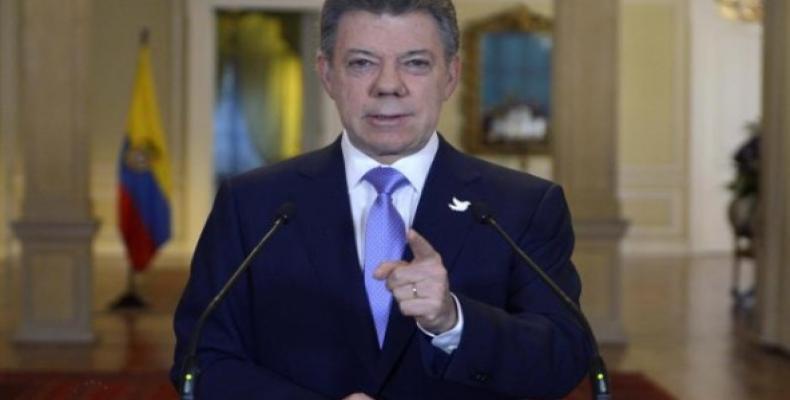Bogotá, September 23 (teleSUR-RHC)-- Colombian President Juan Manuel Santos revealed on Tuesday part of his administration's comprehensive strategy aimed at providing poor farmers with alternatives to illicit coca crops, as the forced eradication approach implemented for the past two decades has failed so far to address drug-trafficking and poverty in rural areas.
Instead, the program will seek the voluntary eradication of coca crops, after reaching an agreement with rural communities. Farmers will then be entitled to governmental aids and technical advice in order to undertake other agricultural projects suited to the area's traditions.
The program also plans to create rural cooperative stores, which will be in charge of supply centers, distribution and market research. Farmers who collaborate with the stores for more than five years will then obtain property titles for the lands they cultivate, added Santos.
“If we do not reach a deal on this issue, then we will resort again to forced eradication,” he warned.
He also highlighted that collaboration with the FARC rebels (Revolutionary Armed Forces of Colombia) was essential to the success of the program. “One of the compromises already agreed with the FARC is that, once they leave their arms, they will contribute to the solution of the illicit drug issue,” said Santos as the government is negotiating a peace agreement with the insurgents since 2012, after over half a century of armed conflict.
The president added that his administration will maintain a tough approach against crime, fighting drug-traffickers, seizing shipments and destroying laboratories, among other actions.
In May, Santos decided to stop fumigating coca crops with glyphosate (a 20 years-old practice in the country) for health reasons, as the World Health Organization categorized the chemical, present in the Monsanto best-selling herbicide, as a very likely “carcinogenic.” The measure will come into force on October 1st.


